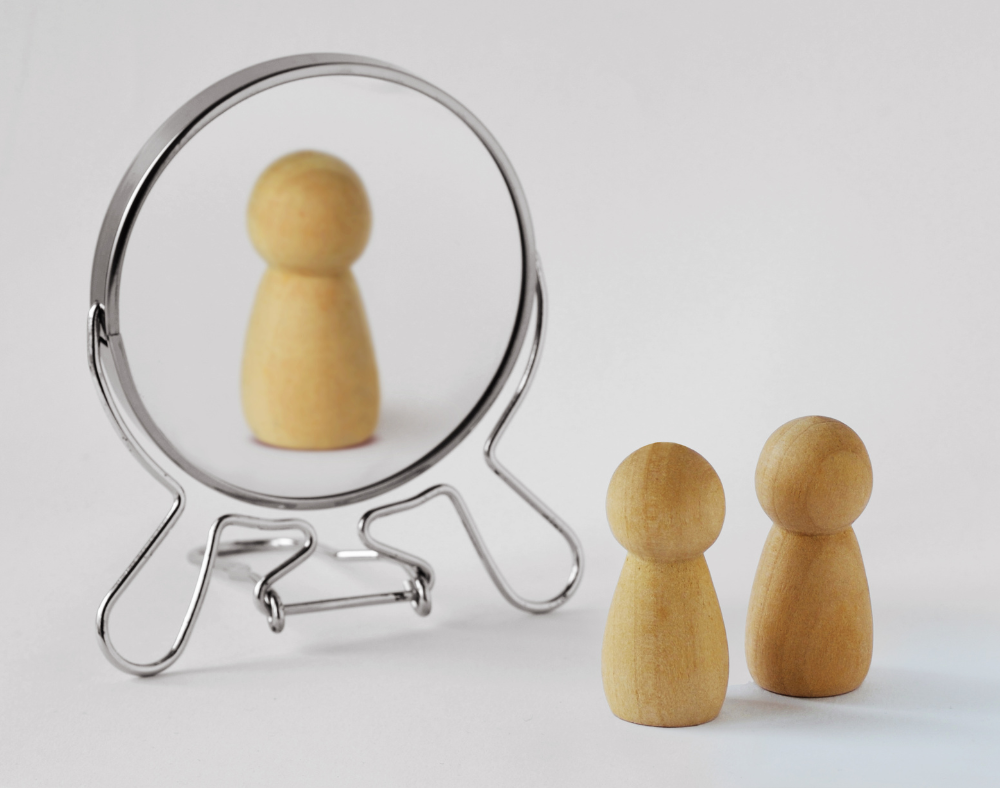Am I married to a Narcissist? How to identify, protect yourself, and the importance of therapy with a coach

Introduction
Being in a relationship should feel safe, supportive, and nurturing. But what if your partner is constantly undermining your feelings, seeking validation, or making you feel like everything is your fault? If you’re asking, “Am I married to a narcissist?”, you’re not alone. Narcissistic Personality Disorder (NPD) is a serious issue that can significantly affect the health of a marriage.
In this post, we'll discuss the signs of narcissism, how you can protect yourself, effective strategies for handling such a relationship, and why therapy with a coach is essential for recovery and moving forward.
What Is Narcissism?
Narcissistic Personality Disorder (NPD) involves an inflated sense of self-importance, a lack of empathy, and a deep need for admiration. People with NPD often exploit others to boost their egos. According to the Mayo Clinic, individuals with NPD often present an idealized image of themselves, masking deep insecurities.
Signs You Might Be Married to a Narcissist

Spotting narcissistic behavior in a marriage can be tricky because it often manifests in subtle ways. Here are some tell-tale signs:
- Constant Need for Validation: Narcissists crave continuous admiration. If your partner demands excessive praise but gives little in return, this could be a red flag.
- Lack of Empathy: They may show little concern for your feelings and dismiss your emotions as insignificant.
- Manipulation and Control: If you feel like your partner always twists situations to make you feel guilty or gain control, that’s a common tactic of narcissists.
- Gaslighting: Narcissists often employ gaslighting, a form of psychological manipulation that makes you question your reality. Learn more about gaslighting in relationships on Psychology Today.
- Blame-Shifting: Narcissists rarely take responsibility for problems. If your partner always points the finger at you, it may be a sign of NPD .

Being in a relationship with a narcissist can be emotionally draining. Here are ways to safeguard your well-being:
- Set Boundaries: Establish clear boundaries to prevent overstepping. This includes personal space, emotional limits, and relationship expectations. Check out this guide on boundary-setting from Verywell Mind.
- Stay Grounded in Reality: A narcissist will often try to distort facts to maintain control. Stay connected to reality by trusting your instincts and keeping a journal of events.
- Seek Emotional Support: It’s crucial to have a strong support system. Confide in trusted friends, family, or join support groups for people in toxic relationships.
- Detach Emotionally: Create emotional distance by employing the Gray Rock Method. This technique involves becoming unreactive and not giving the narcissist the emotional reaction they seek .
How to Protect Yourself

How to Handle a Narcissistic Spouse
Dealing with a narcissistic partner requires mindful approaches.
Here are some tips:
- Avoid Power Struggles: Narcissists thrive on conflict. Avoid unnecessary arguments and instead, focus on maintaining your emotional composure.
- Use “Gray Rock” Techniques: As mentioned earlier, being as emotionally unresponsive as a “gray rock” can reduce the narcissist’s attempts to provoke or manipulate you.
- Keep Communication Clear and Concise: Narcissists often twist words to gain control. Stick to simple, direct communication, and don’t allow them to derail the conversation.
- Get Professional Help: A therapist or coach can help you navigate this challenging relationship and develop effective coping strategies.

The Importance of Therapy and Coaching
Working with a therapist or coach is crucial when you're married to a narcissist.
Here's why:
- Gain Clarity: A professional can help you identify the patterns of narcissistic behavior and untangle the confusion it causes in your life. Therapy can offer an objective perspective to regain your sense of self.
- Emotional Healing: Therapy provides a safe space to heal from the emotional wounds caused by your partner’s behavior.
- Coping Mechanisms: A coach can equip you with effective tools to manage interactions with your spouse and protect your mental well-being. Learn about the difference between therapy and coaching on Betterup.com.
- Explore Your Options: Whether you decide to stay or leave, a coach can guide you through the process, offering strategies for either repairing or exiting the relationship safely.

The Role of a Coach
While therapy often focuses on emotional healing, coaching takes a more action-oriented approach. Coaches work with you to rebuild your self-esteem, regain confidence, and provide you with tools to handle everyday situations with a narcissist.
- Restoring Self-Esteem: Narcissists often erode their partner’s sense of self-worth. Coaching can help you reclaim that confidence.
- Practical Solutions: Coaches can help you devise concrete strategies for navigating daily interactions.
- Moving Forward with Confidence: A coach will help you create a plan for the future, whether it involves working on the relationship or leaving it behind .
Conclusion
If you're married to a narcissist, it’s important to recognize the signs and protect your emotional well-being. Setting boundaries, seeking professional help, and emotionally detaching when necessary are essential steps in safeguarding your mental health.
By working with a therapist and coach, you’ll gain the tools and clarity needed to navigate or potentially exit the relationship. No matter the outcome, healing is possible, and you deserve a relationship filled with mutual respect and care.
Additional Resources:
- Narcissistic Personality Disorder Overview – Mayo Clinic
- Gaslighting Explained – Psychology Today
- How to Set Boundaries in Relationships – Verywell Mind
- Gray Rock Method – Growtherapy
- Therapy vs Coaching – Betterup.com
- Finding a Therapist for Narcissistic Abuse – Psychology Today











